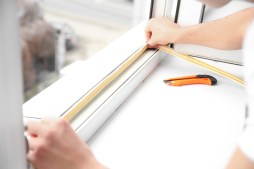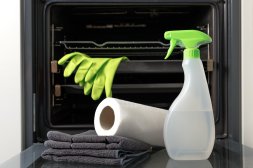Troubleshooting Low Water Pressure: When to Call a Professional

Low water pressure can be a frustrating issue in any home, impacting everything from your morning shower to watering your garden. Fortunately, some quick fixes can help restore water flow without the need for immediate professional intervention. This article will guide you through common causes of low water pressure and simple troubleshooting steps, as well as advice on when it’s best to call a plumber.
Common Causes of Low Water Pressure
Understanding the reasons behind low water pressure is the first step toward resolving it. Some common causes include clogged pipes or faucets due to mineral buildup, leaks in plumbing lines, problems with the municipal water supply, or issues with your home’s pressure regulator. Identifying whether the problem is isolated to one fixture or affects the entire house can help pinpoint the cause.
Quick Fixes You Can Try at Home
Start by cleaning faucet aerators and showerheads which often collect mineral deposits that restrict flow. Tighten any visible leaks or replace worn washers. Check your main shut-off valve to ensure it’s fully open; sometimes it may be partially closed after maintenance work. Resetting your home’s pressure regulator (if you have one) can also improve flow temporarily if it has become stuck or out of adjustment.
When Problems Persist: Signs You Need a Professional
If these quick fixes don’t improve your water pressure, or if you notice signs such as persistent leaks, discolored water, or fluctuating pressure throughout different times of day, it’s time to call a professional plumber. Additionally, problems involving underground pipes or issues related to municipal supply lines require expert diagnosis and repair for safety and effectiveness.
Preventative Measures for Maintaining Good Water Pressure
Regularly inspecting and maintaining plumbing fixtures helps prevent future low-pressure issues. Installing a whole-house water filtration system can reduce mineral buildup inside pipes. Schedule periodic professional inspections especially if you live in an area with hard water or older infrastructure.
Benefits of Promptly Addressing Low Water Pressure
Addressing low water pressure quickly not only improves daily comfort but also helps avoid costly repairs from undetected leaks that can damage walls and foundations over time. Efficient water flow ensures appliances like dishwashers and washing machines operate optimally reducing energy consumption and extending their lifespan.
Low water pressure doesn’t have to disrupt your routine when you know how to troubleshoot common issues safely at home—and understand when expert help is necessary. By taking these steps promptly, you’ll enjoy consistent water flow and peace of mind knowing your plumbing system is in good shape.
This text was generated using a large language model, and select text has been reviewed and moderated for purposes such as readability.











